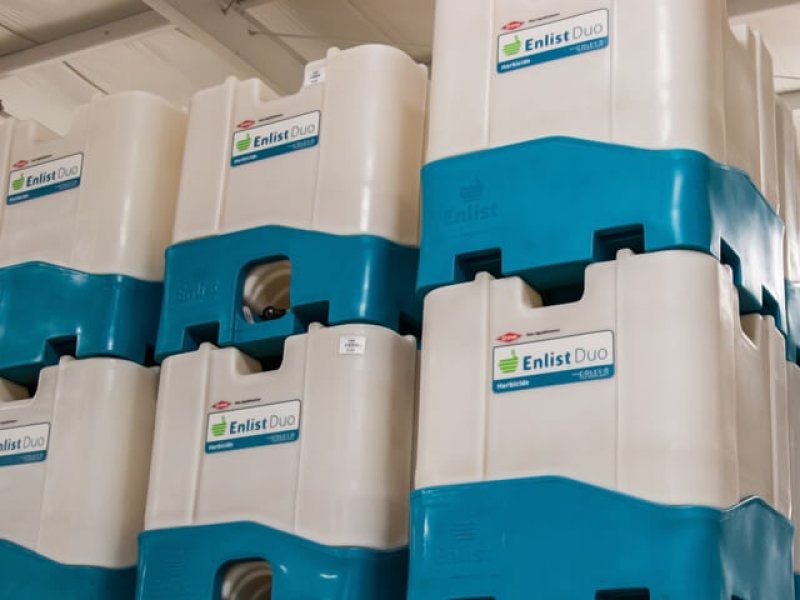The GLP aggregated and excerpted this blog/article to reflect the diversity of news, opinion and analysis.
For use on its new genetically engineered corn and soybeans, Dow Chemical Co. is reviving 2,4-D, a World War II-era chemical linked to cancer and other health problems.
If these crops are widely adopted, the government’s maximum-exposure projections show that U.S. children ages 1 to 12 could consume levels of 2,4-D that the World Health Organization, Russia, Australia, Korea, Canada, Brazil and China consider unsafe.
The U.S. Environmental Protection Agency had considered that exposure dangerous for decades as well. But the Obama administration’s EPA now says it is safe to allow 41 times more 2,4-D into the American diet than before he took office.
To reach that conclusion, the Tribune found, the agency’s scientists changed their analysis of a pivotal rat study by Dow, tossing aside signs of kidney trouble that Dow researchers said were caused by 2,4-D.
The EPA scientists who revised that crucial document were persuaded by a Canadian government toxicologist who decided that Dow — a company that has a $1 billion product at stake — had been overly cautious in flagging kidney abnormalities that she deemed insignificant. . . .
These decisions paved the way for the EPA to approve Dow’s weedkiller, Enlist Duo, last year and reassure the public that a surge in 2,4-D use wouldn’t hurt anyone.
Girding that reassurance are two calculations: How much of the herbicide is safe for human health, and how much will Americans wind up consuming? There are ways to tweak each of those risk calculations. With 2,4-D, the Tribune found, the EPA’s math favored a dramatic increase in the weedkiller.
Read full, original post: EPA tosses aside safety data, says Dow pesticide for GMOs won’t harm people































